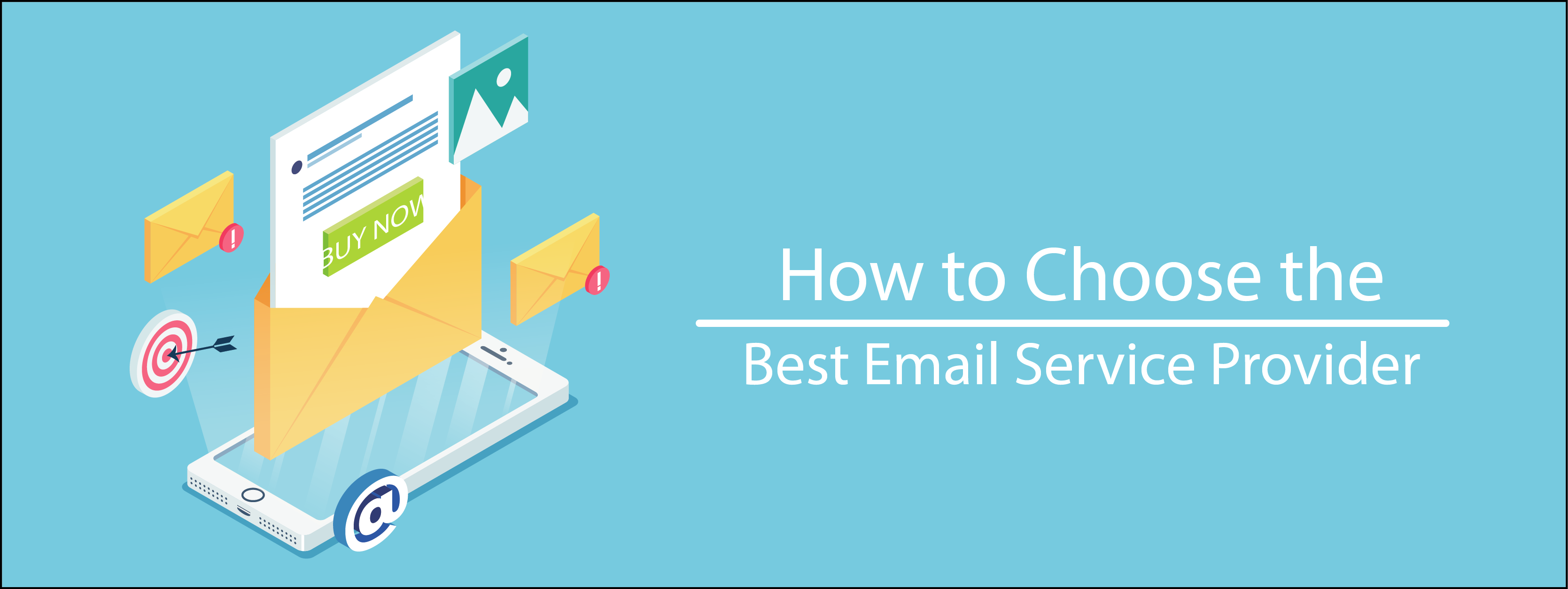How to Choose the Best Email Service Provider



With so many email service providers (ESPs) available in the market, choosing one can be a nightmare.
Every ESP is seeking your attention.
Everyone is dangling their bells and whistles hoping to grab your attention.
This makes it more difficult to choose the perfect fit for your company.
To help you choose the perfect fit, we highly recommend that you pause for a minute and ask yourself these questions:
Another important factor to consider is future growth. The email marketing service you choose should cater to both your current and future needs.
You need a product that helps you to not only send emails but also drive the business. Find a list of providers and find out what features they offer. Some of the features to look out for are:
The provider should have a variety of email templates that look professional and are easily accessible. The templates should also be super easy to use.
You want your customers to easily open their emails on their mobile devices too. This is a no-brainer really! The emails should be optimized and responsive for mobile devices.
The service provider should allow you to schedule emails throughout the week.
The service provider should have tools that allow you to track how your emails and campaigns are doing. It should offer easy to understand statistics that show click and bounces rates as well as opt-outs. All these information should be easily accessible and available at a glance.
The email marketing platform you choose should work with other third-party integrations. For example, choosing Constant Contact allows you access to surveys and social media marketing. The integrations available for it include NetSuite, QuickBooks, Shopify, Microsoft Dynamics 365 and more. Mailchimp also offers a host of integrations including Salesforce, NetSuite, Microsoft Dynamics 365, Pipeliner, and many more.
The email marketing platform should work seamlessly with social media to help grow subscribers, increase content exposure, and attract a bigger audience.
The email service provider should have an excellent support team.
The ESP should let you easily group contacts into targeted lists so that you can easily send relevant emails to targeted consumers.
Last but not least, the ESP should allow you to automatically send customers the right messages using an auto-responder. This allows your contacts to receive scheduled emails that keep them engaged from when they are interested in acting and to remain loyal customers.
You want to choose an email service that fits your budget. Very important factor. It should offer a variety of payment plans and bring in revenue for every dollar spent on it. The ESP should also offer you the option of paying only for features your business needs. If you also will need email security, you might get a separate DMARC generator for more professionalism
Deliverability is the number of emails delivered to your clients successfully. Your emails should get to their intended recipients without getting blocked or sent to spam. Doing this causes you to lose in terms of conversions. Research and find out whether the ESP has a reputation for deliverability and whether they monitor real-time alerts for blacklisting and domain blocking.
Ask them to share with you their deliverability rate for their entire customer base. Ask for a dedicated IP address to help you control the reputation and deliverability of your email. If you opt for the shared IP, then the providers should be monitoring it to maintain reputation.
They should also have authentication and accreditation tools that verify the sender identity. They should be reputable service providers that build relationships with internet service providers like Google, Microsoft, and Yahoo, to prevent your emails from being mistaken as spam.
All in all, you want a reliable service provider who will help drive your business. You want one that recognizes your company needs and has a superior product that solves all of your email problems at a price that is fair and within your budget.